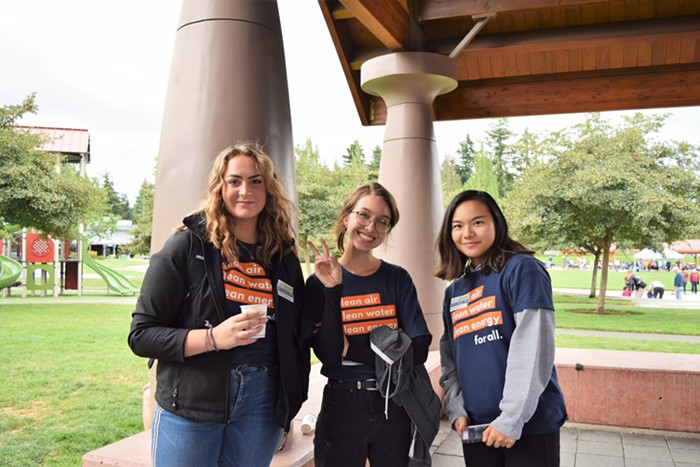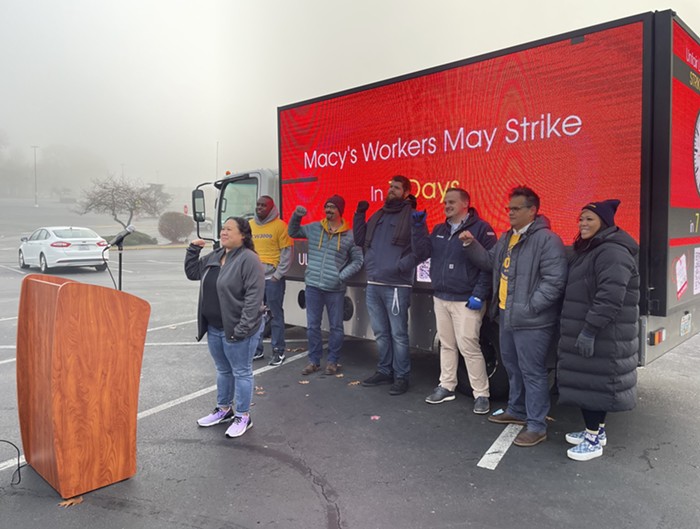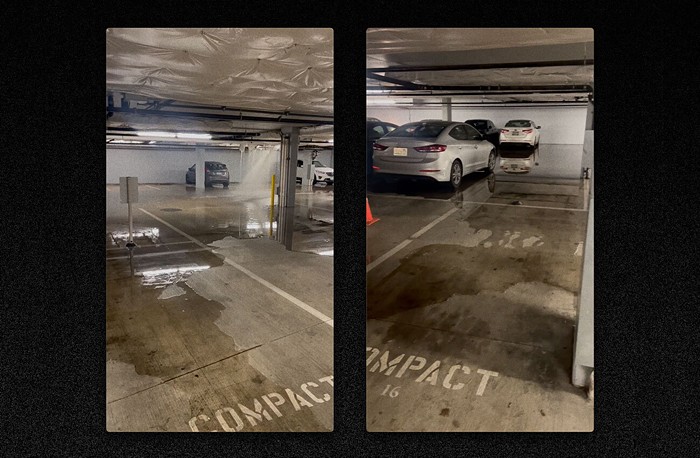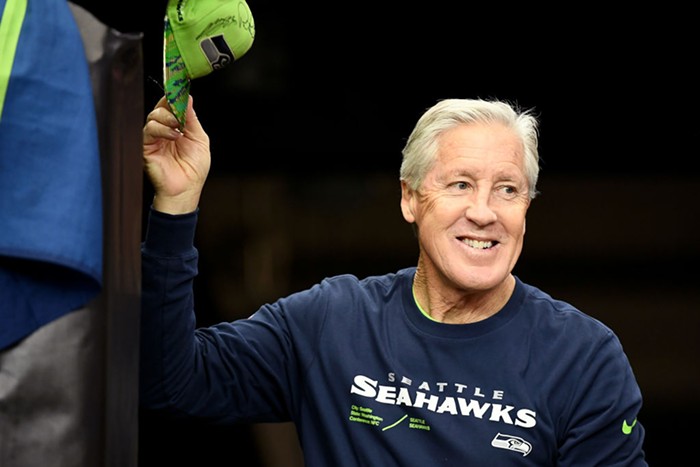
It’s not a new story when a large corporation throws its weight around, devouring public resources and hectoring its way through city government. With the Head Tax decapitated, Seattle’s homelessness crisis raging on, and with King County threatening to minimize its commitment to affordable housing, who will bear any responsibility for investing in this city and its people? Who is writing this story anyway?
Community engagement is the key to leveraging strength against a powerhouse player when it comes to large-scale development. I know this because I was part of a coalition that effectively took on the Washington State Convention Center expansion and came away with a model for winning major community benefits. I believe the model we used in that fight— enlist allies, find a champion, and leverage collective power—can be applied to other struggles over the direction of our city, including the long debate over how to address our homelessness crisis.
The upcoming $1.7 billion expansion of the Convention Center will be the largest real estate project in Seattle history and promises increased tourism revenue and new jobs. But what good will it deliver to nearby neighborhoods impacted by the addition of noise, traffic, and general disruption? Where will new service-wage workers live? The coalition I was a part of asked these questions because we believed that as residents of Seattle, we deserve a better legacy than to become a footnote in a saga of growing pains. Communities need to rewrite this story to be our own.
A vast power imbalance between government, corporations, and regular people does not have to equal futility, though it is rare to have a partner like the one we found in the Washington State Convention Center. It turns out, the folks at the convention center were more than willing to listen. What I discovered in our pursuit to secure public benefits from a powerful, well-funded enterprise is a truth: the privilege of having the connections and resources of an expert organization is undeniable.
I work at such an organization—Capitol Hill Housing. They entered this negotiation to ensure that funding for public benefits would include affordable housing, and at first, the Convention Center put $5 million on the table. Amid a crisis of homelessness in which King County is short up to 14,000 affordable homes, that amount was absurd.
In response, the Community Package Coalition (CPC) formed in January of 2017 and included eight organizations from adjoining neighborhoods: Capitol Hill Housing, Cascade Bicycle Club, Central Seattle Greenways, First Hill Improvement Association, Freeway Park Association, Housing Development Consortium, Lid I-5, and Seattle Neighborhood Greenways. Using the King County Health Equity Toolkit, we could see that housing was the most significant tool we had to promote health equity in our neighborhoods. In addition to affordable housing, the Coalition pushed for funding for public space like parks and bike lanes. Communities are knitted together through safe and equitable access to meaningful and lasting amenities that make Seattle livable. Our ever-expanding city should grow closer, not farther apart.
The Coalition worked. We secured more than $80 million in public benefits, including funding for bike lanes, sidewalk improvements, open space, a study to lid I-5, and $30 million for affordable housing throughout Seattle.
Without this deep alliance and the support of Speaker of the House Frank Chopp, City Councilmembers Sally Bagshaw, Teresa Mosqueda, and especially Mike O’Brien, as well as the tireless efforts of Seattle City Council staff, this win would have been impossible. As a city, we owe a debt of gratitude to everyone who helped to shape our future with this work.
Together, we proved that community efforts can change the story of large-scale development and put pressure on major developers to be accountable to their neighbors. With the Convention Center’s willing ear, we were able to articulate our vision of what would serve Seattleites rather than take what we were offered.
As a coalition, we must recognize our immense privilege in having the means and connections to bring the Washington State Convention Center to the table. We could make the time, we had relationships with City officials, and we enjoyed an expertise in developing the very assets we were asking the Convention Center to fund. It shouldn’t take such an abundance of resources to stand up for what you believe in or to ask for what you deserve.
Communities of color especially face the brunt of displacement and discrimination when it comes to housing and economic opportunities. Thanks to the work of advocacy organizations like Puget Sound Sage, the City has adopted a process by which groups representing marginalized communities become a central voice in the decision-making process. This is essential if Seattle is to realize its potential as a vibrant, diverse, and welcoming city where real opportunity exists for anyone willing to reach for it.
It is my hope that our success with the Community Package Coalition paves the way for coalitions that follow. As debate over the lodging tax, or “hotel/motel tax”, reaches a fever pitch, now is the time to come together to support funding for affordable housing. Nearly three years ago, Seattle Mayor Ed Murray and King County Executive Dow Constantine declared a state of emergency on homelessness, yet County Councilmembers are currently discussing using the lodging tax to fund $180 million in stadium improvements for Safeco Field, home of the Mariners, with only the minimum amount required by law going toward affordable workforce housing and services for homeless youth. Now, I like baseball as much as anyone. But, as Ethan Phelps Goodman, founder of Seattle Tech 4 Housing, said at a recent hearing on the subject, “Did we declare a state of emergency around stadium maintenance three years ago?”
The Seattle-King County Coalition on Homelessness, Housing Development Consortium (HDC)—of which Capitol Hill Housing is a member—and others have created #TeamHousing as a rallying cry in support of maximizing public investments in affordable housing. As an individual community member, you can take action to center our most marginalized neighbors. Speak at the next public hearing on August 29 or contact your county council member and let them know that you agree – we must do the most we can for affordable housing, not the least.
Get involved. Ending homelessness in Seattle will only be a true government priority if we make sure of it. Join #TeamHousing or connect with the King County Regional Affordable Housing Task Force, and let your voice be heard. It is essential that institutions like the King County Council, the Convention Center, and any corporation or institution residing in our community respect and reflect the values and priorities of their neighbors as well as that of the city and county at large. In the story of Seattle’s growth, its people should be the protagonists. Corporations and large institutions form an important scenery that they and we should get to design together.
McCaela Daffern is the Sustainability Manager for Capitol Hill Housing, a community development corporation and public development authority. Her work includes staffing the Capitol Hill EcoDistrict, a community-driven effort to promote equity, environmental resilience, and cultural space in the most densely populated urban village in the Pacific Northwest.


















